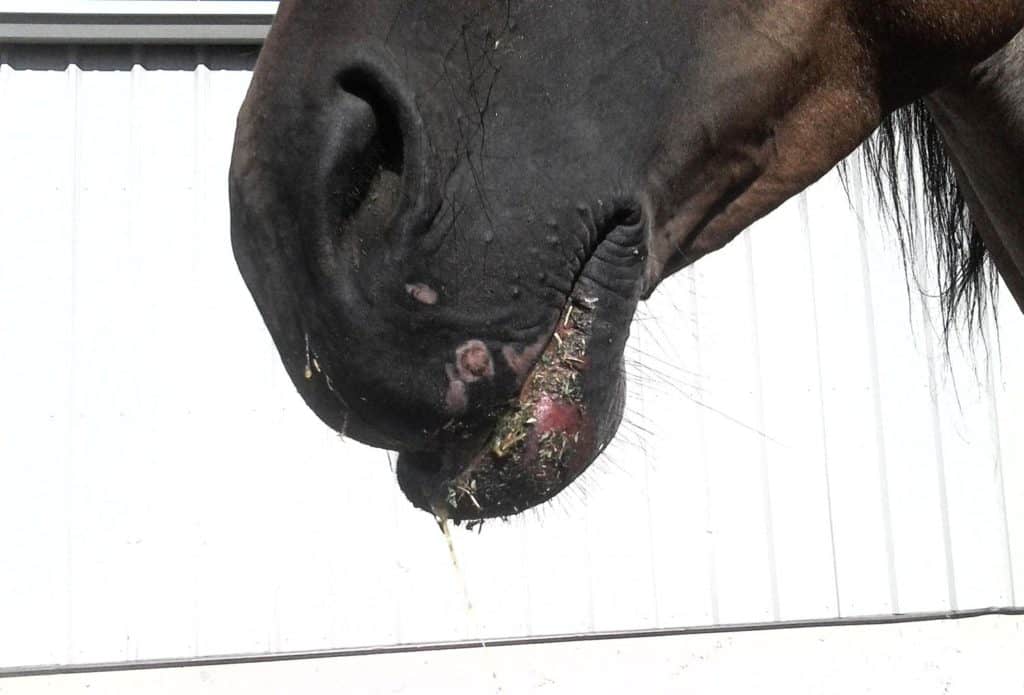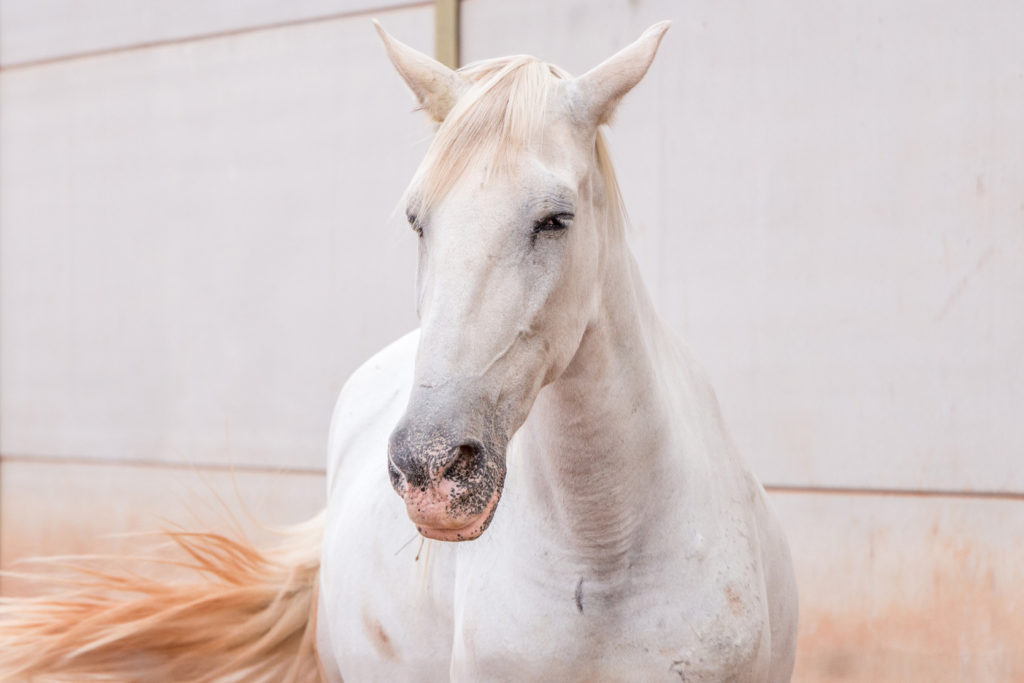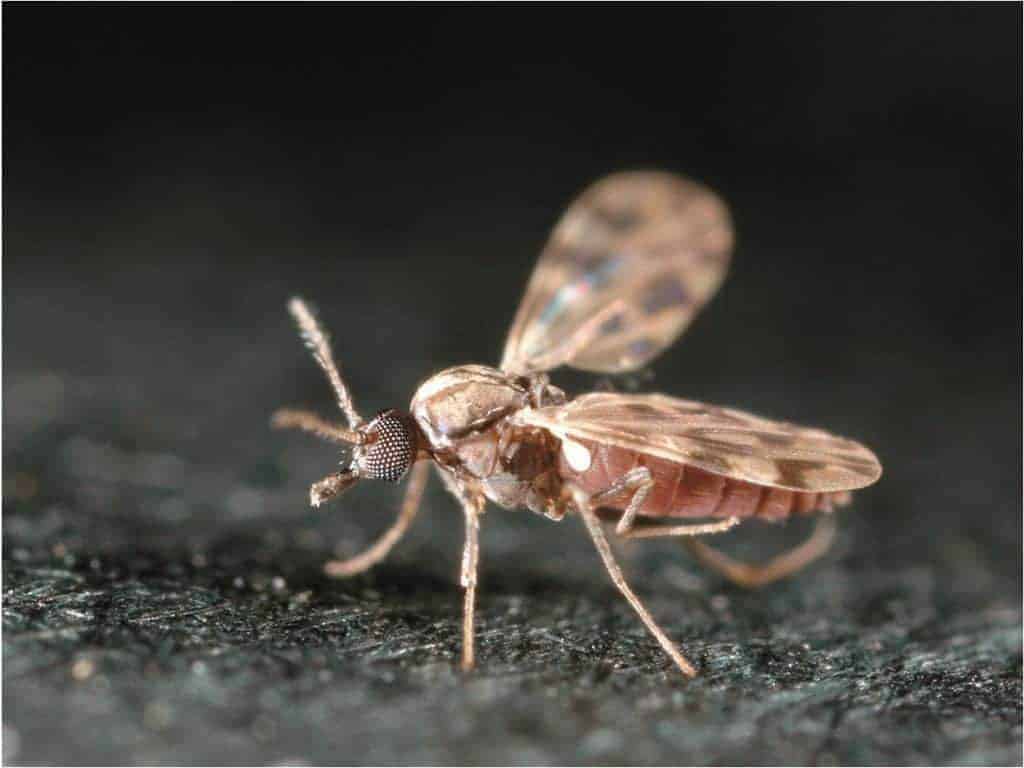
How Long-Distance Transport Could Impact Horse Virus Spread
Researchers know that transport can affect horses’ immune systems, making them more susceptible to developing disease. But recent study results suggest it could also make horses more likely to spread disease.




























